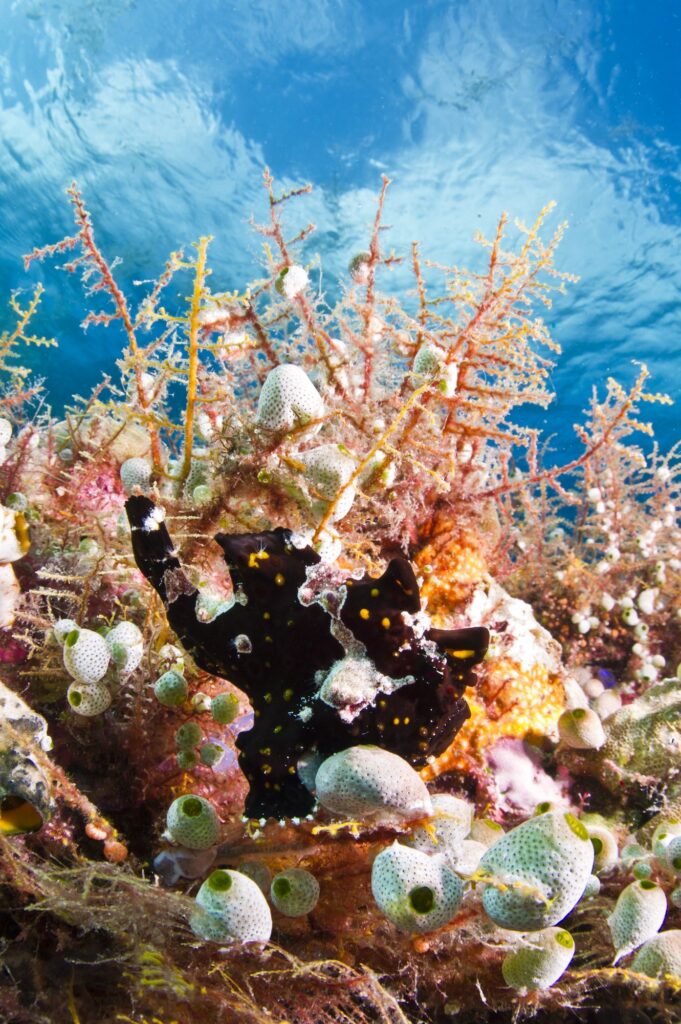
The most cost-effective way to restore marine biodiversity is to establish effective protection, and let recovery happen naturally. Well-managed marine protected areas are the only sustainable approach, and are therefore at the heart of the Global Biodiversity Framework. Why, then, is it still popular to actively restore habitats?
Companies want to be seen to be doing something. It has proven popular to pour resources into a concrete, immediate output with instant results rather than long-term biodiversity outcomes. Coral planting initiatives have been at best unproven in outcome, and in some cases counter-productive.
Luckily, new regulations are changing this picture.
A new wave of nature-related reporting requirements spotlight the impact of corporate biodiversity initiatives, rather than the method used. These regulations mandate reporting on biodiversity outcomes, focussing attention on initiatives that produce real results. It is no longer sufficient to measure the success of a tree-planting mission by counting the number of trees that were planted. There is now a competitive advantage associated with credible contributions to effective conservation at a meaningful scale.

A black frogfish at Wakatobi Dive Resort
New legislation defines contrasting approaches to nature impact. The traditional method-driven approach and the new outcome-driven approach. The former involves meticulously recording what has been done, and assuming that it will have the intended impact. The latter involves declaring the methods, but focussing reporting effort on measured outcomes.
This new framework encourages corporate spending towards real solutions for nature protection – a big win for biodiversity. Companies now need to assess much more carefully whether nature-related initiatives are producing the desired outcomes, and are doing so sustainably over time.
Wakatobi Dive Resort has been protecting reefs for 30 years through a partnership with local communities, enabling biodiversity to re-establish sustainably through natural re-growth. Now Reefonomics connects this effort to corporate demand for nature-positive outcomes.
Outcome-oriented approaches are now required, but supply has yet to catch up with demand. Reefonomics aims to lead the way, offering clients the opportunity to associate with conservation work with a demonstrable outcome for reefs. If others follow, we stand a chance of massively scaling marine conservation efforts in line with the Global Biodiversity Framework.
